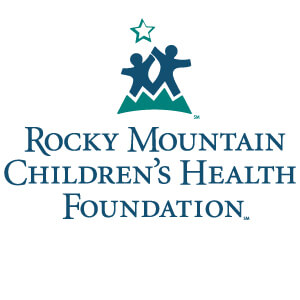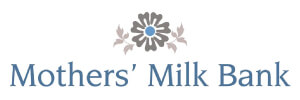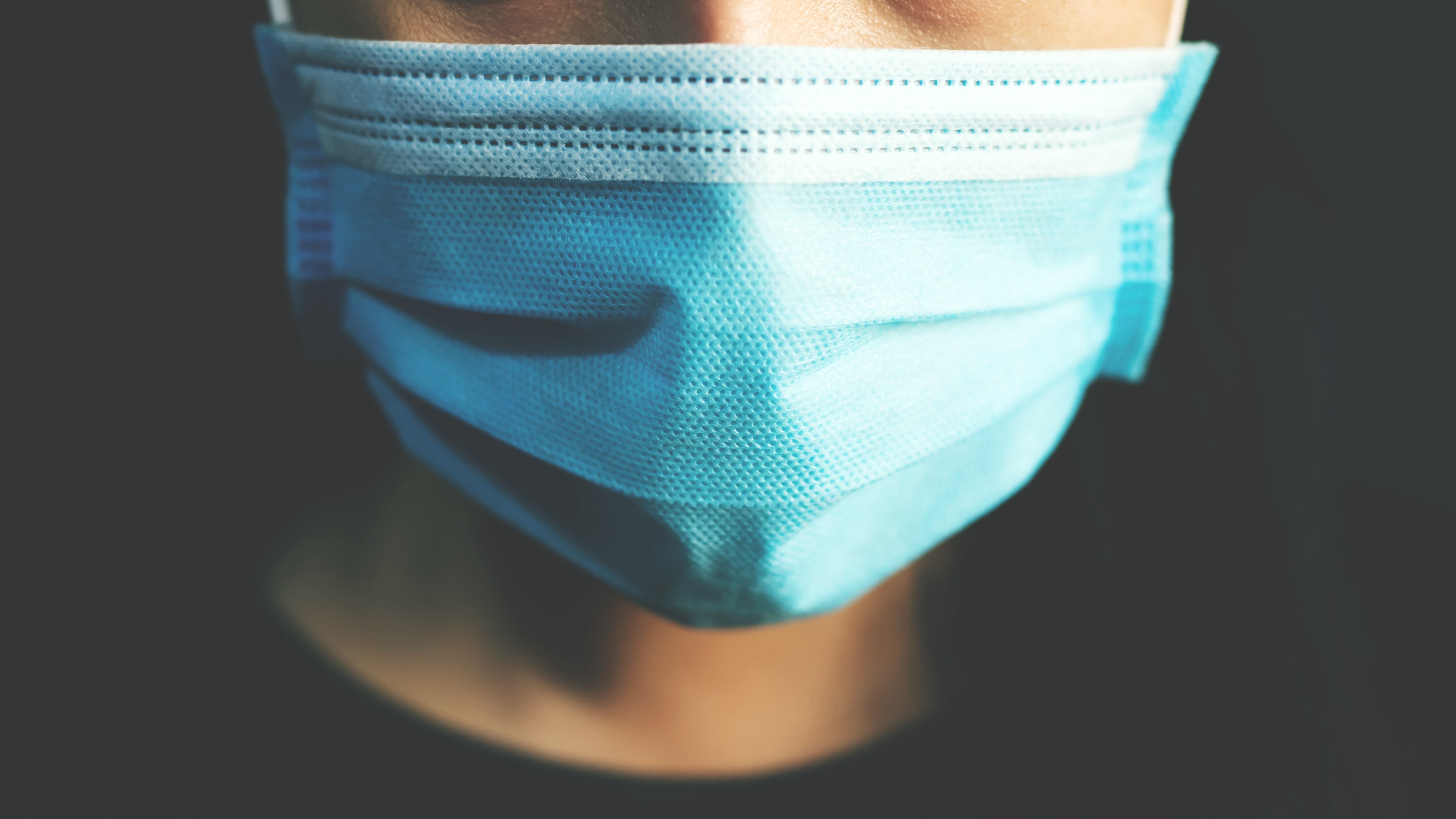
Mothers' Milk Bank
Donate milk because just one ounce can save a life.
Mothers' Milk Bank is a partnership between Campbell County Health and Rocky Mountain Children’s Health Foundation.
Mothers’ Milk Bank safely screens, collects, processes, and dispenses donated human milk as a community service, providing human milk to babies whose own mothers cannot supply the milk to meet their baby’s needs.
Babies in Neonatal Intensive Care Units (NICU) depend on life-saving nourishment to thrive when their mother's milk is not available. Donor milk is used for babies of all sizes with all conditions.“Mother’s milk is liquid gold for babies who are fighting for their lives. It can mean the difference between life and death.”
~ Dr. Jeffrey Hanson, Medical Director of the NICU at Rocky Mountain Hospital for Children
Donating Milk
Use these simple guidelines to determine whether you can donate milk. You are likely to qualify as a donor if:
- You are in generally good health
- You are a non-smoker
- You are taking no medications on a regular basis
- Your baby is getting the appropriate amount of milk first
The Process
- Call Campbell County Health's Maternal Child department at 307-688-2200 or the Milk Bank at 877-458-5503.
- Lactation consultants will talk with you about your milk supply and then a do a short phone pre-screening.
- You will then be sent a comprehensive screening from which asks more in-depth questions about your medical history.
- Once your screening is complete, a lactation consultant will call you to set up a blood test, at no cost to you.
- Once you sign the donor consent form and your doctor signs the medical release form, you are ready to donate milk.
- We will provide you with containers to put your milk in and make arrangements to pick up your milk.
- Milk is received and stored in large freezers maintained at -20◦ C or colder.
- Milk is pooled together in large flasks, then poured into sanitized glass bottles
- The bottles are placed in a pasteurizer, brought to 62.5◦ C, and pasteurized for 30 minutes.
- The bottles are cooled immediately, labeled and placed in freezers.
- A small sample of the milk is analyzed to assess fats, proteins and lactose.
- A sample from each batch is sent to the lab to be tested for any bacterial growth.
- Once approved, the milk is sent coast to coast to babies in hospitals and homes.

|

|
-

